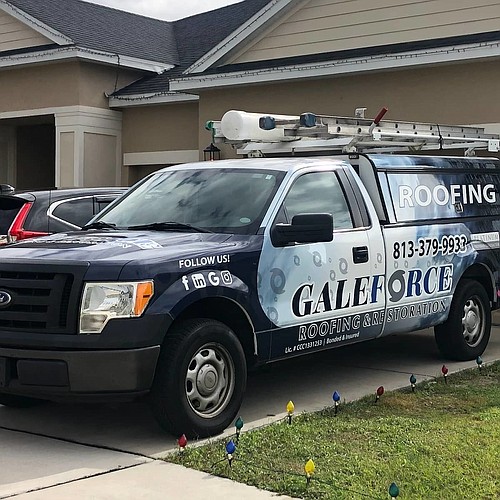- December 13, 2025
-
-
Loading

Loading

Florida’s Secretary of the Department of Business and Professional Regulation has denied allegations in a federal lawsuit that a law recently passed and signed by the governor violates roofing contractors’ First Amendment rights.
Attorneys for Secretary Julie Brown, who was sued in her role as head of DBPR, write in a response filed in federal court that “the text of the act speaks for itself, and (Brown) denies any allegations or characterizations inconsistent with the text of the act.”